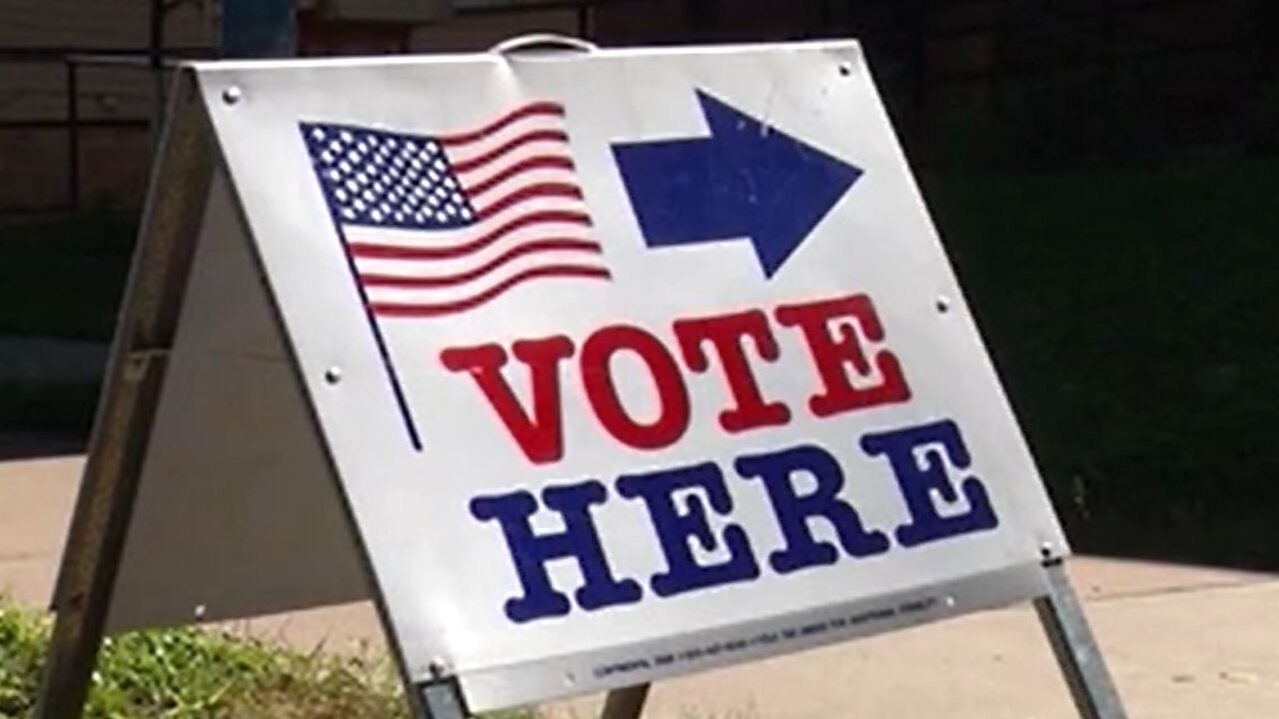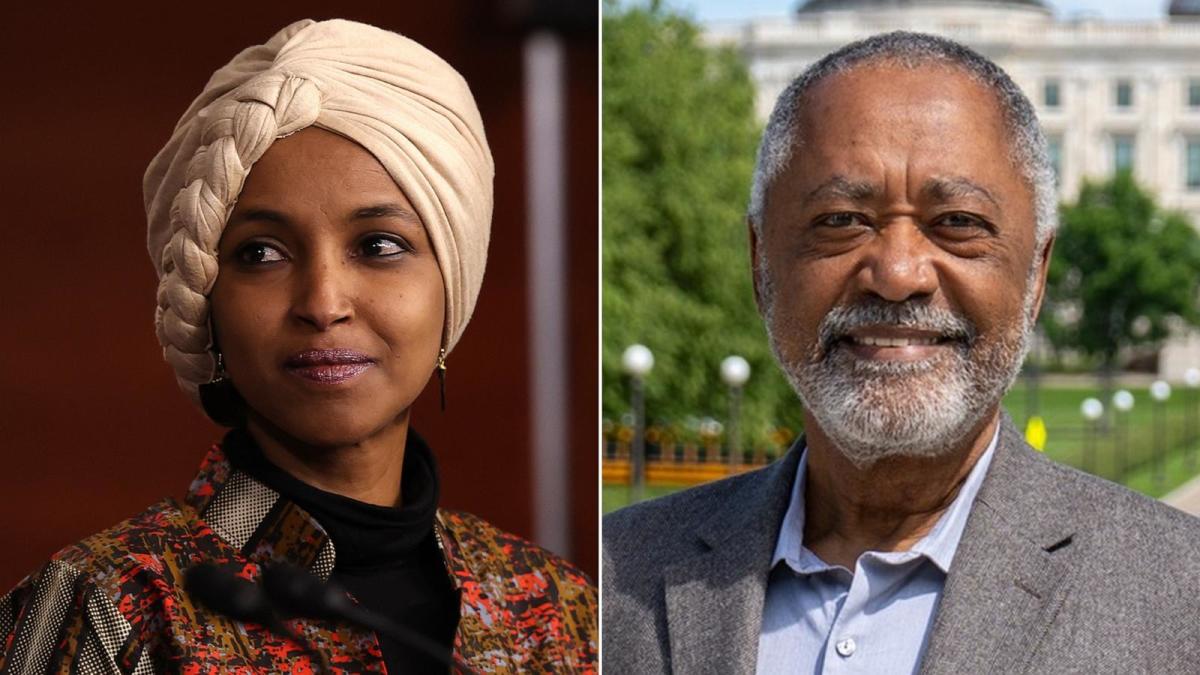Minnesota Primary Election Overview

The Minnesota primary election, scheduled for [Date], is a crucial event in the state’s political landscape. This primary election will determine the candidates who will advance to the general election in November, shaping the future of Minnesota’s political landscape.
Key Races and Candidates
The Minnesota primary election features several key races that have garnered significant attention. These races include:
- Governor: The race for governor is highly competitive, with several candidates vying for the Democratic and Republican nominations. [Provide names of candidates and their key positions/platforms].
- U.S. Senate: The incumbent Democratic senator faces a challenge from [Name of Republican candidate]. This race is expected to be closely contested, as the state is known for its competitive political environment.
- U.S. House of Representatives: Several congressional districts in Minnesota will see contested primaries, with candidates vying for the Democratic and Republican nominations.
Potential Impact on the General Election
The outcome of the Minnesota primary election will have a significant impact on the upcoming general election. The candidates who emerge from the primaries will shape the political landscape and determine the key issues that will be debated in the fall.
The Minnesota primary election is expected to be a bellwether for the national political climate, providing insights into the priorities and concerns of voters across the country.
Key Issues and Voter Concerns: Minnesota Primaries

The Minnesota primary election is shaping up to be a pivotal event, with voters grappling with a range of critical issues that will likely influence their choices. From economic concerns to social justice and the environment, these issues are driving voter interest and shaping the political landscape.
Economic Concerns
Economic concerns are consistently at the forefront of voter priorities in Minnesota, a state with a diverse economy and a history of strong labor unions.
- Inflation and Cost of Living: Rising inflation and the escalating cost of living are major concerns for Minnesotans, particularly those with fixed incomes or struggling to make ends meet. Candidates are being scrutinized for their plans to address these issues, whether through tax cuts, increased wages, or government assistance programs.
- Job Creation and Economic Growth: Voters are eager to hear candidates’ visions for job creation and economic growth. This includes strategies to support small businesses, attract new industries, and create a more robust economy.
- Healthcare Costs: Healthcare costs remain a significant burden for many Minnesotans. Candidates are being pressed to Artikel their positions on affordability, access to care, and the role of government in healthcare.
Education
Education is another key issue that resonates deeply with Minnesota voters, who are passionate about ensuring quality education for their children.
- School Funding: The adequacy of school funding is a perennial issue, with voters advocating for increased investments in public education. Candidates are being asked to articulate their plans for supporting schools, addressing teacher shortages, and improving student outcomes.
- Curriculum and Standards: The content and standards of education are also points of contention. Voters are concerned about issues such as critical race theory, sex education, and the role of parents in shaping their children’s education.
- College Affordability: The rising cost of college tuition is a significant concern for families. Candidates are being pressed to address affordability, access to financial aid, and the role of government in making higher education more accessible.
Social Justice, Minnesota primaries
Social justice issues have gained increasing prominence in Minnesota, reflecting a growing awareness of racial and social inequalities.
- Racial Justice: The issue of racial justice has been brought to the forefront by recent events, including the murder of George Floyd. Voters are looking for candidates who demonstrate a commitment to addressing systemic racism, police reform, and economic disparities.
- LGBTQ+ Rights: Minnesota has a strong history of supporting LGBTQ+ rights, but there are ongoing concerns about discrimination and the need for continued protections. Candidates are being asked to clarify their stances on issues such as marriage equality, transgender rights, and anti-discrimination laws.
- Reproductive Rights: The overturning of Roe v. Wade has sparked renewed concern about reproductive rights in Minnesota. Voters are looking for candidates who will defend access to abortion and reproductive healthcare.
Environmental Concerns
Environmental issues are gaining traction among Minnesota voters, particularly in a state known for its natural beauty and outdoor recreation.
- Climate Change: Climate change is a pressing issue for many Minnesotans, who are concerned about its impacts on the environment, economy, and public health. Candidates are being asked to articulate their plans for addressing climate change, whether through renewable energy, environmental regulations, or other initiatives.
- Water Quality: The quality of Minnesota’s water resources is a significant concern, particularly in light of pollution from agricultural runoff, industrial waste, and other sources. Candidates are being pressed to address water quality issues and protect the state’s natural resources.
- Land Use: The use and development of land is another critical environmental issue. Voters are concerned about protecting natural habitats, preserving open spaces, and promoting sustainable land management practices.
Demographic Considerations
Minnesota’s diverse demographics play a significant role in shaping voter concerns and priorities.
- Rural Voters: Rural voters often prioritize issues such as economic development, access to healthcare, and education. They are also concerned about preserving rural lifestyles and protecting agricultural interests.
- Urban Voters: Urban voters tend to focus on issues such as affordable housing, public transportation, and access to quality schools. They are also concerned about crime, social services, and environmental issues.
- Minority Voters: Minority voters, including African Americans, Latinos, and Asian Americans, are often concerned about issues such as racial justice, economic opportunity, and representation in government. They are also seeking candidates who understand their unique experiences and priorities.
Campaign Strategies and Dynamics
The Minnesota primary election has been a dynamic race with candidates employing various strategies to capture the attention of voters. This section will examine the key campaign strategies, analyze the dynamics of the race, and explore the impact of media coverage and public opinion on the candidates’ campaigns.
Campaign Strategies
The primary election has seen candidates utilizing a mix of traditional and modern campaigning methods. Some candidates have focused on building strong grassroots organizations, mobilizing volunteers, and engaging with voters at local events. Others have invested heavily in digital advertising, utilizing social media platforms to reach a wider audience and tailor their messages to specific demographics.
Dynamics of the Race
The dynamics of the Minnesota primary election have been shaped by several factors, including alliances, endorsements, and controversies. Several candidates have secured endorsements from prominent figures in their respective parties, which can significantly impact their visibility and credibility among voters. The race has also been marked by controversies, with some candidates facing scrutiny over their past statements or actions. These controversies can have a mixed impact, potentially damaging a candidate’s reputation but also drawing attention to their campaign.
Media Coverage and Public Opinion
The media plays a crucial role in shaping public opinion and influencing the outcome of elections. The Minnesota primary election has received significant media attention, with news outlets covering candidate events, debates, and controversies. This coverage can be both beneficial and detrimental to candidates, depending on the nature of the reporting. Positive coverage can increase a candidate’s visibility and public support, while negative coverage can damage their reputation and reduce their chances of success. Public opinion polls are also a key factor in the campaign dynamics. These polls provide insights into the preferences of voters and can influence the strategies of candidates.
Minnesota primaries – Minnesota’s primaries are heating up, and it’s all about who’s gonna grab that nomination. It’s like, who’s got the best game face? Who’s gonna fight for the crown? And it’s not just about Minnesota, though. The whole political landscape is getting shaken up, check out primaries today to see what’s happening.
Back to Minnesota, the stakes are high, and everyone’s watching to see who’s gonna come out on top.
Minnesota primaries are always a buzz, right? It’s where we see who’s gonna be running the show in the state. This year, everyone’s been watching Ilhan Omar’s race results, you can check out the full scoop here , and it’s definitely got people talking.
But hey, that’s just one part of the Minnesota primaries – we’ve got a whole bunch of other races to keep an eye on!
